Virginia’s Recreational Marijuana Legislation and New Employee Medicinal Use Protections
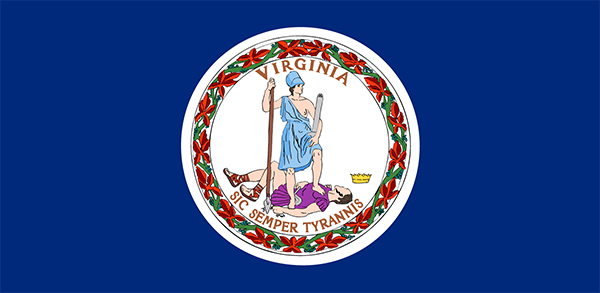
On April 21, 2021, Virginia Governor Ralph Northam signed into law House Bill No. 2312 and Senate Bill No. 1406, moving the date of recreational marijuana legalization in Virginia up to July 1, 2021. The legalization movement, which has increased in momentum in the Commonwealth since Democrats gained a majority in the legislature, culminated in February 2021, when […]
Alabama Legislature Approves Medical Marijuana: Roll Tide! (and a Joint?)

On May 6, 2021, the Alabama legislature approved a medical marijuana legalization bill. Senate Bill (SB) 46, more commonly known as the Darren Wesley ‘Ato’ Hall Compassion Act, will now go to Governor Kay Ivey for final approval. Governor Ivey has not indicated that she will veto the bill, although a spokesperson for Governor Ivey […]
Marijuana Laws Affecting the Workplace: Tools Employers Can Use to Stay Ahead During High Times
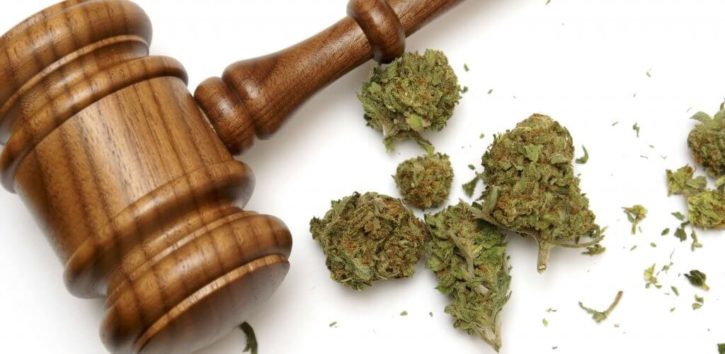
As Judge Richard A. Licht (quoting a slightly more famous source) said in a 2017 court opinion: “I get high with a little help from my friends.” Four years later, employers may be asking themselves which of their employees are getting high and what can they do about it. States have been busy when it […]
New York Legalizes Recreational Marijuana: Altered States for Employers
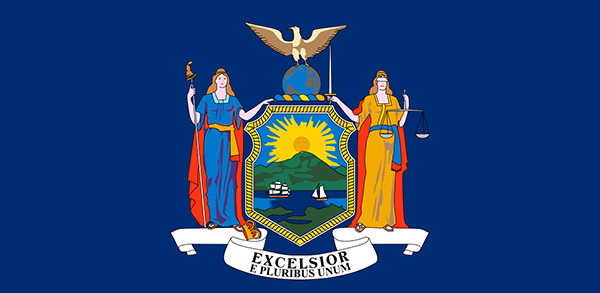
On March 31, 2021, New York Governor Andrew Cuomo signed into law the Marihuana Regulation and Taxation Act (MRTA), which legalizes the adult recreational use of marijuana and revises Section 201-d of the New York Labor Law. The MRTA’s antidiscrimination employment provisions took effect immediately. Under existing law, Section 201-d of the New York Labor Law prohibits […]
Why You Should Audit Your Service Agents

Employers of safety-sensitive transportation employees play a vital role in ensuring the safety of their employees and the traveling public. Subsequently, these employers must comply with 49 CFR Part 40 and applicable DOT Agency regulations. The regulations require the employer to use trained professionals and organizations (ie. service agents) to accomplish meeting these requirements. As […]
New Measures in Oregon Decriminalize Certain Narcotics and Legalize Psilocybin Therapy
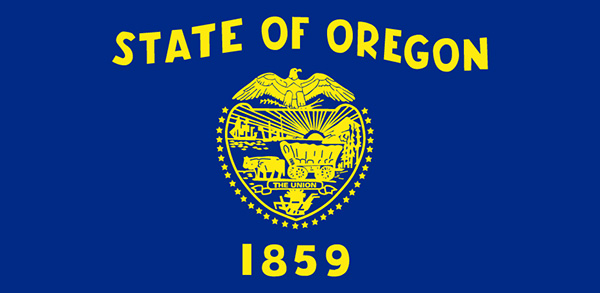
Oregon voters approved two groundbreaking measures in the 2020 election season to become the first state in the nation to decriminalize personal possession of small amounts of certain controlled substances (Measure 110) and legalize the therapeutic usage of psilocybin in a controlled therapy setting (Measure 109). Many employers may be wondering what these measures mean […]
Marijuana Ballot Initiatives Approved in Five States: What This Budding Trend Means for Employers

On November 3, 2020, five states had initiatives on the ballot to legalize the recreational and/or medical use of marijuana, and all five initiatives easily passed. Arizona, Montana, and New Jersey voted in favor of legalizing the possession and recreational use of marijuana for adults aged 21 years and older. In addition, South Dakota became […]
PTC Launches New eTEST Scheduler

Pipeline Testing Consortium, Inc. has recently launched their new eTEST drug and alcohol test scheduler. Available for use to all PTC members, this fully electronic drug test scheduler allows users to schedule a drug or alcohol test for anyone in the United States without the need for a drug testing kit or paper chain of […]
Marijuana Legalization Update for 2020: A Primer on the Latest Medicinal and Recreational Use News

In the past several years, marijuana legalization has become an increasingly difficult issue for employers to navigate. Marijuana legalization raises challenging workplace questions related to drug testing, disability accommodation, workplace safety, hiring, and employment termination, among other issues. Because of the fast-evolving nature of marijuana laws, and the wide variance in laws and protections from […]
OSHA Issues COVID-19 Guidance for the Oil and Gas Industry

One of OSHA’s benchmarks for protecting employees from COVID-19 requires employers to assess their workplaces and determine whether job tasks place their employees at one of four levels of risk exposure: very high, high, medium, and lower risk. The agency recommends that employers conduct a hazard assessment to identify whether and how often workers may be in close contact […]
Louisiana Expands Access to Medical Marijuana
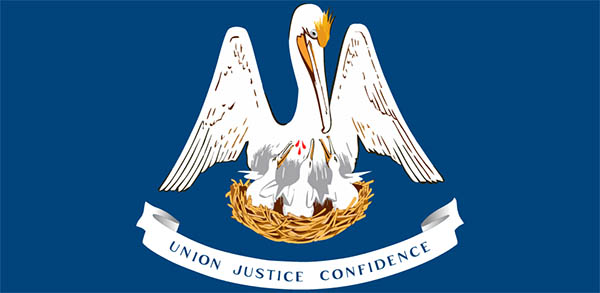
In 2015, Louisiana passed a law authorizing the prescription of marijuana for the treatment of certain qualifying medical conditions, such as glaucoma, cancer, and spastic quadriplegia. In 2018, the statutory list of conditions was amended to include post-traumatic stress disorder, autism, and chronic pain. In the same amendment, the legislature designated the Louisiana Department of […]
FMCSA Offers Flexible Solutions for Drug and Alcohol Testing During COVID-19 Outbreak

The COVID-19 pandemic is interrupting, and in many cases, preventing compliance with the Department of Transportation’s (DOT) drug and alcohol testing regulations. On March 23, 2020, DOT published guidance on compliance with DOT drug and alcohol regulations that clarified some existing legal requirements but offered little in the way of practical solutions. On March 25, 2020, […]
